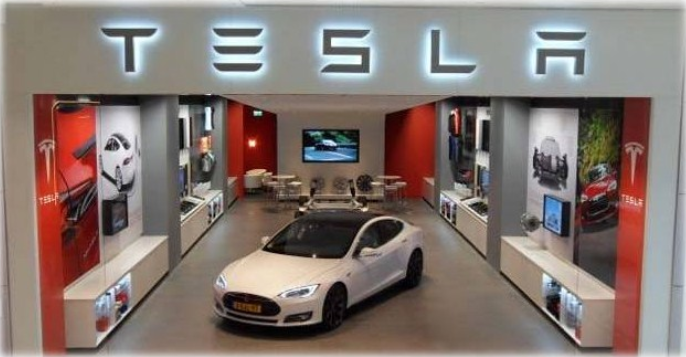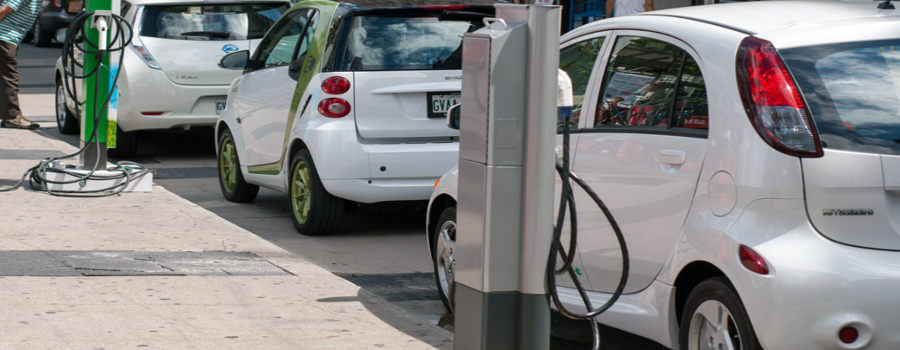If you are hesitating about which technology would best fit your needs and liking, you should carefully analyze pros and cons and compare what you can get from both. A good starting point may be the type of driving you intend to do. If you plan to spend a lot of time in stop-start traffic, then the electric one might be the right choice.
For electric cars usually the high purchase price is a barrier that will only be overcome if you intend to drive enough kilometers along their useful life. You can counteract your initial investment with the lower price of electricity when compared to diesel or gasoline.
Another barrier is the driving range, which may be around 150 – 200 km under real conditions. Though this should be enough to cover actual everyday driving needs, facts show that this is an important deterrent for most potential buyers. Right now, plug-in cars account for not more than one-tenth of 1% of the global car market, and they are rare in the streets of our cities in most countries (Norway or Netherlands would be an exception). The Organization of the Petroleum Exporting Countries predicts just 1% of electric vehicles in 2040, while other experts don’t foresee a real impact for the next 50 years.

However, some hints suggest that predictions might be different for the short term. According to Bloomberg New Energy Finance (BNEF), several carmakers (including Tesla, Chevrolet and Nissan) plan to sell long-range electric cars at around €25.000, while they are investing billions on new models. Moreover, battery prices fell 35% last year and their related technology is quickly evolving towards higher energy density. According to BNEF the price of long-range electric vehicles is expected to fall below €20.000 by 2040 and 35% of new cars worldwide will be plug-in.
Real facts are that those vehicles achieving the highest number of sales in 2015 were Volkswagen Golf (275.848 sales), followed by Ford Fiesta (173.999 sales). These numbers have been surpassed by the 276.00 pre-orders received by Tesla for their new Tesla 3 model, though they won’t necessarily become actual sales in 2017. The basic Tesla 3 model will have a starting purchase price of €31.000, and a range of at least 346 km per charge. This makes a big difference to all we have seen till now. Tesla has been known worldwide for their luxurious models, only affordable for a few well-off and now they offer their technology to everyone.
So both price and driving range might not be barriers anymore.
Another argument in favour of electric cars is the driving experience, extremely quiet and smooth, with no need of a gearbox, and therefore easier than an internal combustion one.
Costs related to maintenance should be less in electric car than those from conventional ones, due to the absence of gearbox, oils and cooling fluids. Moreover, electric drives have less moving parts.
An important argument against might be battery longevity, which is not 100% reliable and might fail before expected. As this is somehow uncontrollable many manufacturers are offering long warranties to reassure potential customers. Some of them offer battery-leasing schemes as an alternative to acquiring the battery together with the car.
Finally, other obstacles for most potential buyers are the difficulties and additional costs associated with installing a charging point at home for an electric car, where one feels the vehicle will be safely charged at the preferred time (usually overnight).

You can get a pretty good estimation of the total costs associated to your new car, be it conventional or electric, with CEVNE, a tool developed by CARTIF that helps you decide from the budgetary point of view.
And if all the previous arguments are not enough to help you make a decision, you should then consider the benefits of electric vehicles for the environment. Tail-pipe emissions are zero, thus helping to improve air quality in our cities and towns, though we know the electricity used for charging must come from somewhere… maybe a coal fired power station. If this were the case we would not be contributing that much to a cleaner environment, though we know the share of renewable sources worldwide is steadily increasing.
- Spain energy future: flexibility as the key to a sustainable system - 23 August 2024
- Energy Communities as key actors in the energy transition. Constitution process - 28 April 2023
- The future electricity grids would be more strong and efficient - 14 January 2022
